Estimated reading time: 8 minutes
Homesteaders are a resourceful lot who tend to overthink the big-picture details involved in self-sufficient living. But sometimes that laser-sharp focus can mean we ignore possible situations that have the potential to put a major cramp in our comfort.
Everyone thinks of the big-ticket items: energy, food storage, and water, but here are a few little-known tips for off-grid living that can save you some major headaches over time.
Want to save this post for later? Click Here to Pin It on Pinterest!
1. Prioritize & Prevent
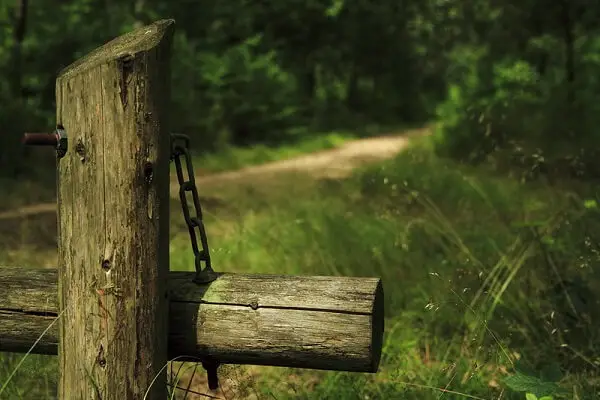
A lot of the unexpected situations that happen on a homestead are things you do see coming: rotten fenceposts that eventually leave a fence collapsed, a roof leak that leads to needing a new roof, an unmaintained riding mower that keeps breaking belts, grass growing so high that it shorts out the electric fence, letting the goats escape and destroy your orchard. You get the picture.
There are a lot of little things you observe in your daily life and think, “I should take care of that…later.” Then it gets put on the back burner until it becomes a serious problem that can’t wait any longer.
Keep a blackboard visible with a running list of things that need to be done. Don’t sweat the fact that the list will never be done, just keep it going and make a system to prioritize the list items. Take care of the most important list items whenever you have a free minute.
The fact is, no matter how busy you think you are now, putting off a minor repair or maintenance almost always ends up costing more time and money to make right once it’s past the point of no return. Replacing is always more costly than repairing. Stay on top of all the little things, and your stress levels will be much lower in the long term.
2. Stock a Solid Vet Kit
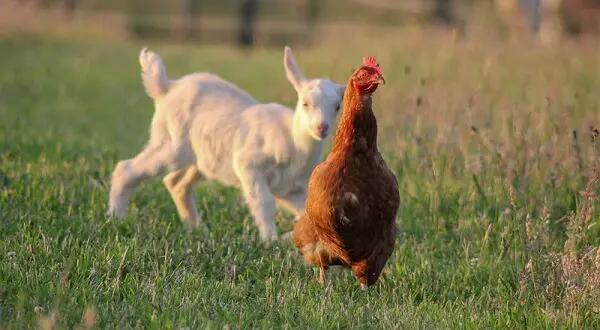
If you keep livestock or pets, you already know how important it is to keep your critters fed, watered, and safe. But sooner or later, someone is going to turn up sick or injured and, depending on the scenario, you’re going to want to be able to take care of it. Do your homework and make sure you are prepared before disaster strikes.
Here are a few must-have items in your kit:
Wound Care Kit: Betadine, surgical swabs, surgical stapler, some sort of fly repellent and, of course, antibiotic ointment. For birds, super glue is always preferable to stitching.
Antibiotics: Always keep a stash of liquid penicillin around and a handful of 20G or 22G to give injections, need be. Deep wounds are cause for antibiotic injections.
Fly Strike Kit: Ivermectin and Dawn dish soap is the best treatment for fly strike. First, wash the affected area with warm water and dishwashing soap. If you have a sprayer, even better, because you want to remove as many of the maggots from the skin as possible.
Next, use a dropper or spray bottle to saturate the affected area completely. Once you see no signs of maggots, dry the area and treat with an antibiotic ointment. You may have to cover the area if it is a large wound, but these spots usually heal quickly.
***Fly strike can affect birds, rabbits, sheep, and goats. If you’ve never experienced this, then consider yourself very lucky. When weather is hot and humid, any animal with a wound or even just a wet behind (chickens and turkeys are prone) are vulnerable to fly strike.
This is not for the squeamish, but neither is homesteading. Fly strike is when a certain species of flies lay their eggs on a warm, moist area of an animal. When the eggs hatch, the maggots will bury themselves in the skin of the animal. You need to catch this as quickly as possible to avoid serious problems or death.
Parasite Treatments: Every animal on a farm is prone to parasites, so do your homework and always keep a supply of parasite treatments specific to your animals on hand. Know the signs of infection or treat at regular intervals, as recommended.
For more information, check out these articles:
- Protect Your Livestock from Deadly Diseases – Part 1: Birds
- Protect Your Livestock from Deadly Diseases – Part 2: Mammals
3. Have a Backup Water Plan
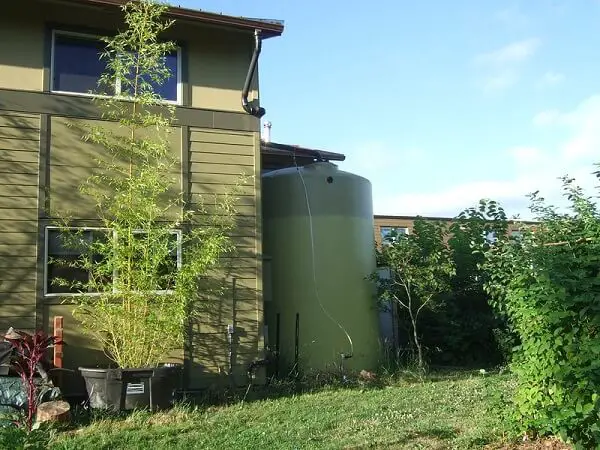
No matter how good your system is – solar-powered, wind-generated, whatever powers your water pump – always have a backup. This one will absolutely catch you off guard when you least expect it, and there is never a good time to be without water. Keeping a hand pump hooked up to your well is an excellent idea. The day will come that you will need it, and you will feel like the smartest person in your county when you do.
If you don’t have a well, then you definitely need a backup plan. Make sure you are collecting rainwater in a large enough system to keep you, your garden, and your animals supplied for two weeks in an emergency. My rule was to install the largest rainwater system that I could afford, then upgrade as soon as I could afford to do so.
Figure out exactly how much water you need to survive, then decide how many days of emergency supply you need in order to feel comfortable, then design your system from there. Most of us find a 500 to 1000 gallon system sufficient for peace of mind.
4. Have a Disaster Plan
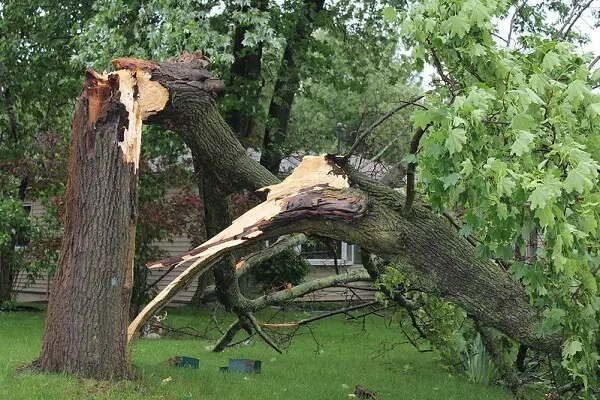
This might seem silly, because you’re already prepared for an apocalypse, right? When my homestead got hit with a 300-year flood, I discovered how unprepared I actually was for that particular disaster. The next time I got hit, I barely broke a sweat because my place was flood-proofed and I had a plan.
Analyze your risk: what disasters are most likely to hit where you live? Whether it's fire, flood, or tornado, make a solid plan. Think through your water supply, backup energy, animal feed storage, and evacuation route. A generator isn’t any good if it’s under two feet of water. Ask me how I know.
5. Plant Enough to Share
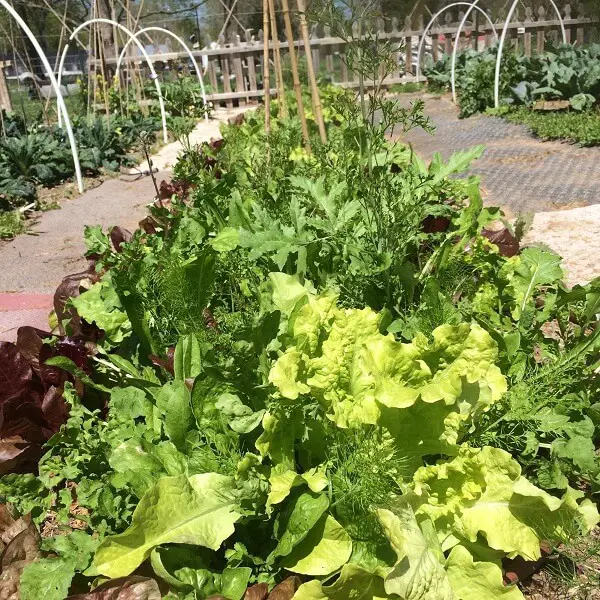
We all plant our gardens optimistically, at least in the beginning. It’s way too easy to calculate for maximum yield because we are imagining the best case scenario. This is normal and human and…totally ridiculous. When was the last time anything went exactly according to plan? There are always going to be droughts, floods, pests, and other unexpected blights. Plant at least a third more than you hope to harvest.
When things go wrong, you can relax a little knowing that you overplanted and will be (hopefully) overproducing. Life is less exasperating when you’re not in the garden with a headlamp, desperately destroying every last stink bug by hand. Not that you or I would ever do such a thing, of course. What I’m saying is: it’s far easier to outsmart nature than to fight it.
While none of these things are rocket science, they are all things I wish someone had told me when I first went off-grid. The big contingency plans I had are still in place, though I’ve never had to use them. The little things that never crossed my mind have cropped up again and again. I’ve heard it said that “the devil’s in the details,” and in my experience this is true.
While your little slice of heaven can feel a lot like hell when things go wrong, a little foresight can make your homestead run more smoothly, even when the unexpected happens.
Like this post? Don't Forget to Pin It on Pinterest!











Good article! I would add stockpiling fencing and building materials, from posts, tposts, extra rolls of fencing, even tarps, lumber, roofing materials, extra screws, nails, etc. Trust me! These will never go to waste!